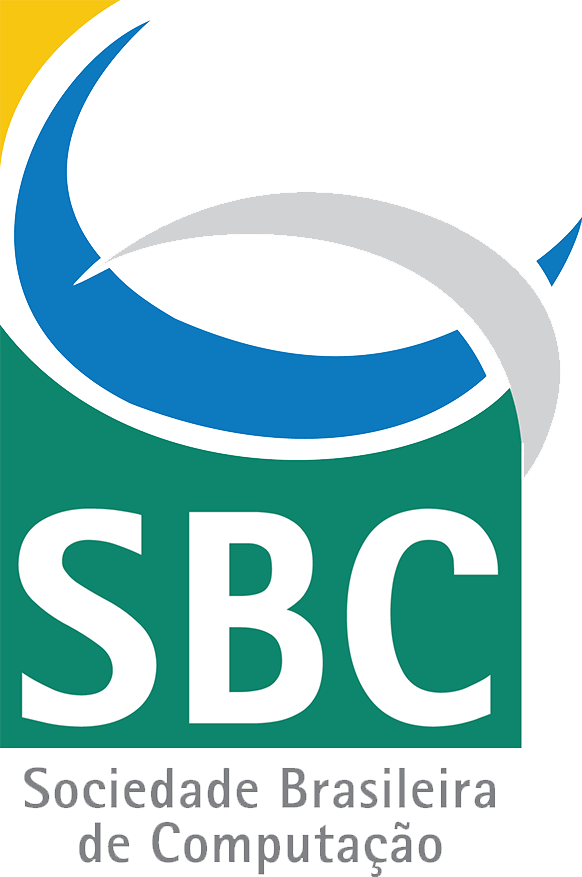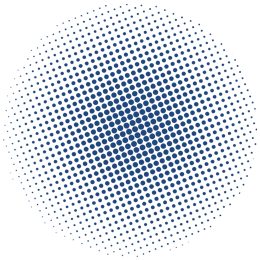

11thBrazilian Conference on Intelligent Systems
BRACIS 2022
Organized by BI0S (Brazilian Institute of Data Science), the 11th Brazilian Conference on Intelligent Systems (BRACIS) will be held in Campinas, SP, Brazil, from November 28 to December 01, 2022. BRACIS will be held at the University of Campinas (UNICAMP) as fully in-person event.
BRACIS is one of the most important events in Brazil for researchers interested in publishing significant and novel results related to Artificial and Computational Intelligence, and originated from the combination of the two most important scientific events in Brazil in Artificial Intelligence (AI) and Computational Intelligence (CI): the Brazilian Symposium on Artificial Intelligence – SBIA (22 editions), and the Brazilian Symposium on Neural Networks – SBRN (13 editions). BRACIS is an annual event of the Brazilian Computer Society (SBC), and is supported by the special interest groups on Artificial Intelligence (CEIA) and Computational Intelligence (CEIC).
The conference aims at promoting theoretical aspects and applications of Artificial and Computational Intelligence, as well as exchanging scientific ideas among researchers, practitioners, scientists, and engineers.
This year, five other events will be held in conjunction with BRACIS 2022: the Encontro Nacional de Inteligência Artificial e Computacional (ENIAC), the Symposium on Knowledge Discovery, Mining and Learning (KDMiLe), the Concurso de Teses e Dissertações em Inteligência Artificial e Computacional (CTDIAC), the Brazilian competition on Knowledge
Discovery in Databases (KDD-BR) and the Workshop of the Brazilian Institute of Data Science (WBI0S).
November 28 to December 01, 2022
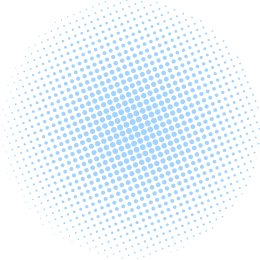
BRACIS 2022
QUICK LINKS
Mandatory Mask-Wearing
Due to the resurgence of COVID in the state of São Paulo, UNICAMP has determined that it is mandatory to use a surgical mask or a PFF2 mask in indoor public spaces. Therefore, the use of masks in all sessions of the event will be mandatory.
Devido ao recrudescimento da COVID no estado de São Paulo, a UNICAMP determinou a obrigatoriedade do uso de máscara cirúrgicas ou do tipo PFF2 em ambientes fechados, durante o período de permanência nas dependências da universidade. Logo, o uso de máscaras nas sessões do evento será obrigatório.

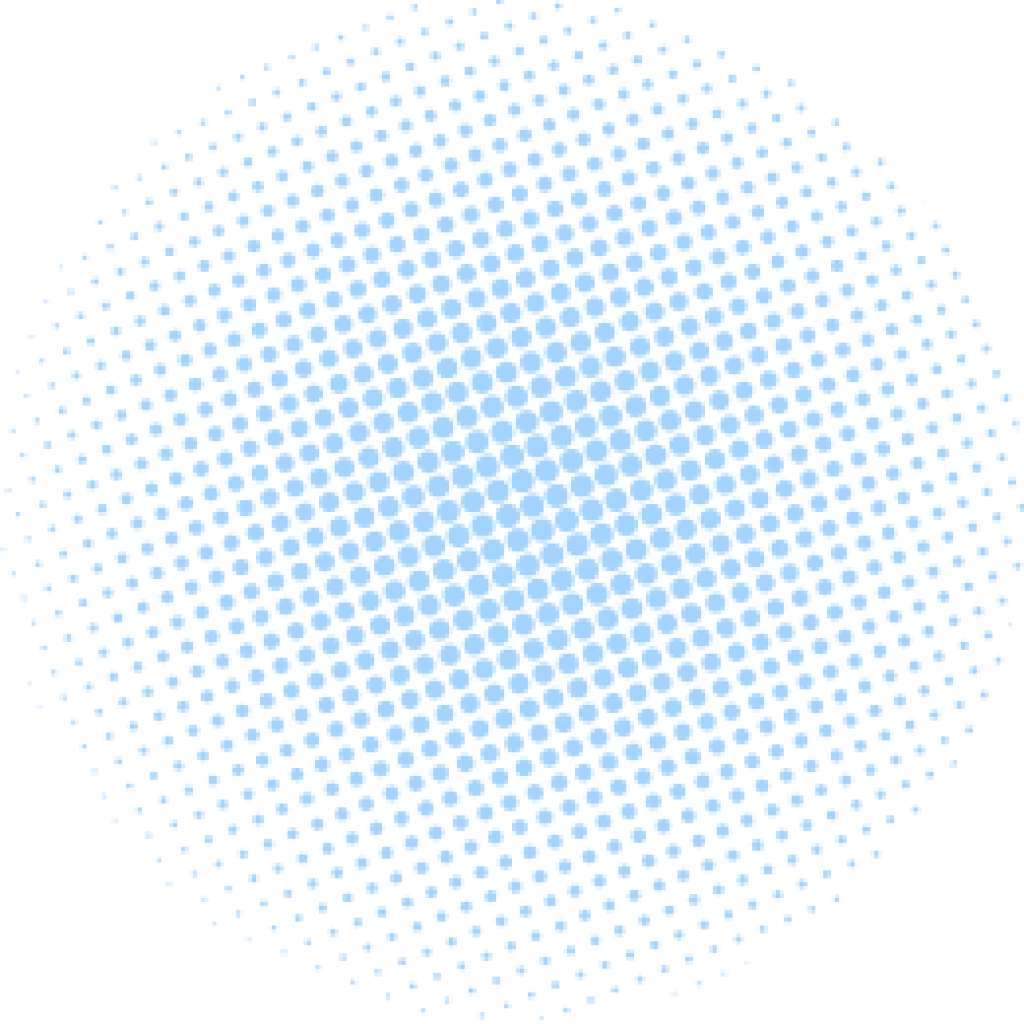


Deadline for paper submissions: July 10, 2022
Call for Papers
IMPORTANT DATES
- Paper submission - June 26 July 10, 2022
- Notification to authors - July 30 August 24, 2022
- Camera-ready copy due - August 20 September 03, 2022
INTRODUCTION
The Program Committee of the 11th Brazilian Conference on Intelligent System (BRACIS) invites submissions of original research papers for the conference to be held in Campinas, SP, Brazil, from November 28th to December 1st, 2022.
BRACIS is one of the most important events in Brazil for researchers interested in publishing significant and novel results related to Artificial and Computational Intelligence. The Brazilian Conference on Intelligent Systems (BRACIS) is originated from the combination of the two most important scientific events in Brazil in Artificial Intelligence (AI) and Computational Intelligence (CI): the Brazilian Symposium on Artificial Intelligence - SBIA (21 editions), and the Brazilian Symposium on Neural Networks - SBRN (12 editions). The conference aims at promoting theoretical aspects and applications of Artificial and Computational Intelligence as well as exchanging scientific ideas among researchers, practitioners, scientists, and engineers. BRACIS 2022 is planned to be a physical event.
SPECIAL ISSUES
Authors of selected papers will be invited to submit extended versions of their work to be appreciated for publication in special issues after the conference.
SUBMISSION DETAILS
Please note that BRACIS submission is double-blind. This means that both the reviewer´s and the author´s identities are concealed from each other throughout the review process. To facilitate this, authors need to ensure that their manuscripts are prepared in a way that does not reveal their identity.
Submissions should include significant and unpublished research on all aspects of Artificial Intelligence (AI) or Computational Intelligence (CI).
Submitted papers must be written in English, and not exceed 15 pages, including all tables, figures, references, and appendices.
Formatting instructions, as well as templates for Word and LaTeX, are available at Conference Proceedings guidelines. Springer’s proceedings LaTeX templates are also available in Overleaf.
All submitted papers will be reviewed by at least three experts in the field and accepted papers will be included in the BRACIS proceedings, and submitted for publication in Springer in Lecture Notes in Computer Science (LNCS) / Lecture Notes in Artificial Intelligence (LNAI) series.
Only PDF files can be uploaded in the submission system.
SUBMISSION SYSTEM
JEMS - Journal and Event Management System
Access here (or click the button below)
Invited Speakers

Rosangela Ballini
Invited speaker @ WBI0S

Rafael H. Bordini
Invited Speaker @ ENIAC

Ricardo Cerri
Invited Speaker @ ENIAC


Carlos A. Coello Coello
Invited Speaker @ BRACIS

Alvaro P. Crósta
Invited speaker @ WBI0S

João Gama
Invited Speaker @ KDMiLe

Renata R. V. Gonçalves
Invited speaker @ WBI0S

Marlos C. Machado
Invited Speaker @ BRACIS


Claudia B. Medeiros
Invited Speaker @ WBI0S
Topics of Interest
- Agent-based and Multi-Agent Systems
- Cognitive Modeling and Human Interaction
- Constraints and Search
- Foundations of AI
- Distributed AI
- Information Retrieval, Integration, and Extraction
- Knowledge Representation and Reasoning (including Commonsense Reasoning, Model-Based Reasoning, Probabilistic Reasoning, Approximate Reasoning)
- Knowledge Representation and Reasoning in Ontologies and the Semantic Web
- Logic-based Knowledge Representation and Reasoning
- Natural Language Processing
- Planning and Scheduling
- Evolutionary Computation and Metaheuristics
- Fuzzy Systems
- Neural Networks
- Deep Learning
- Machine Learning and Data Mining
- Meta-learning
- Reinforcement Learning
- Molecular and Quantum Computing
- Pattern Recognition and Cluster Analysis
- Hybrid Systems
- Bioinformatics and Biomedical Engineering
- Combinatorial and Numerical Optimization
- Computer Vision
- Education
- Forecasting
- Game Playing and Intelligent Interactive Entertainment
- Intelligent Robotics
- Multidisciplinary AI and CI
- Foundation Models
- Human-centric AI
- Ethics
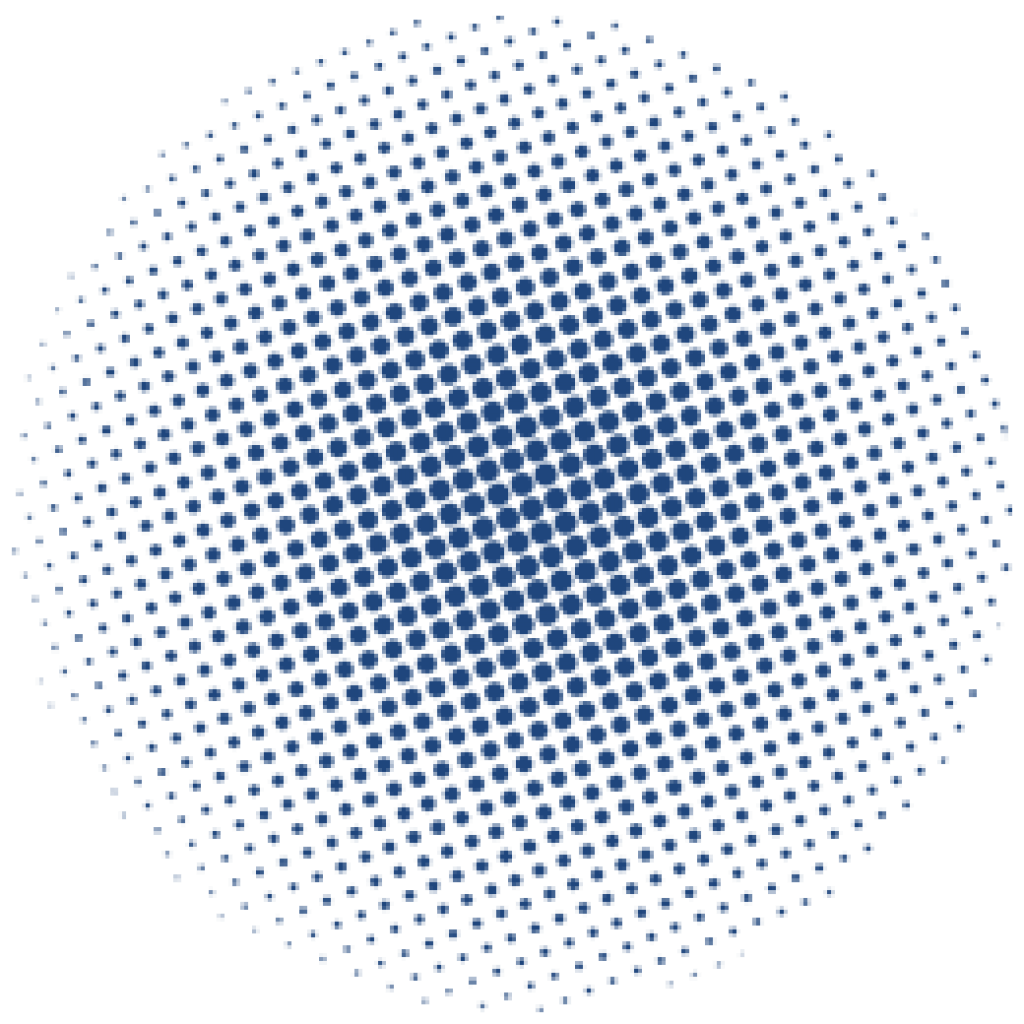
BRACIS 2022
Collocated Events
This year, other three events will be held in conjunction with BRACIS 2022: the Encontro Nacional de Inteligência Artificial e Computacional (ENIAC), the Symposium on Knowledge Discovery, Mining and Learning (KDMiLe), and the Workshop of the Brazilian Institute of Data Science (WBI0S).
ENIAC
Encontro Nacional de Intel. Artificial e Computacional
ENIAC is a national forum for researchers, practitioners, educators and students to present and discuss innovations, trends, experiences, developments and work in progress in the fields of Artificial and Computational Intelligence.
KDMiLe
Symposium on Knowledge Discovery, Mining and Learning
KDMiLe aims at integrating researchers, practitioners, developers, students and users to present their research results, to discuss ideas, and to exchange techniques, tools, and practical experiences – related to the Data Mining and Machine Learning areas.
CTDIAC
Concurso de Teses e Dissertações em Inteligência Artificial e Computacional
CTDIAC is a satellite event whose goals are to disseminate and award the best dissertations and theses (MSc and PhDs concluded in Brazilian universities from June 2020 to July 2022) in the fields of Artificial and Computational Intelligence.
WBI0S
Workshop of the Brazilian Institute of Data Science (BI0S)
WBI0S is the workshop of BI0S (Brazilian Institute of Data Science) and will present the activities developed in the center, promoting the integration of its members and researchers from other research groups working with AI.
KDD-BR
Brazilian Competition on Knowledge Discovery in Databases
This year, the competition is related to the challenging problem of aerial navigation for unmanned aircraft in GNSS contested environments. The goal of this year’s challenge is to develop a method to predict changes in position of an UAV based on the sequences of images.

Support








